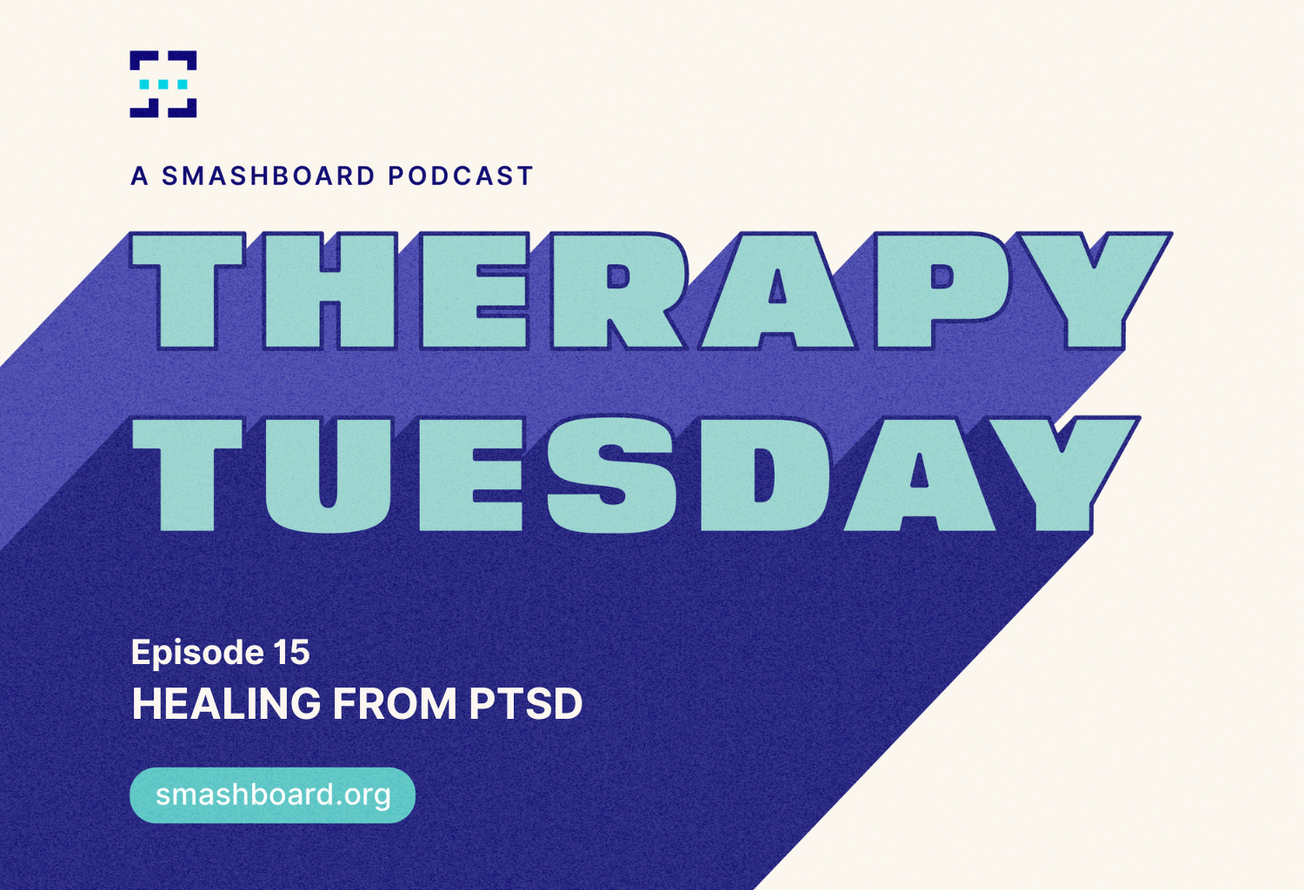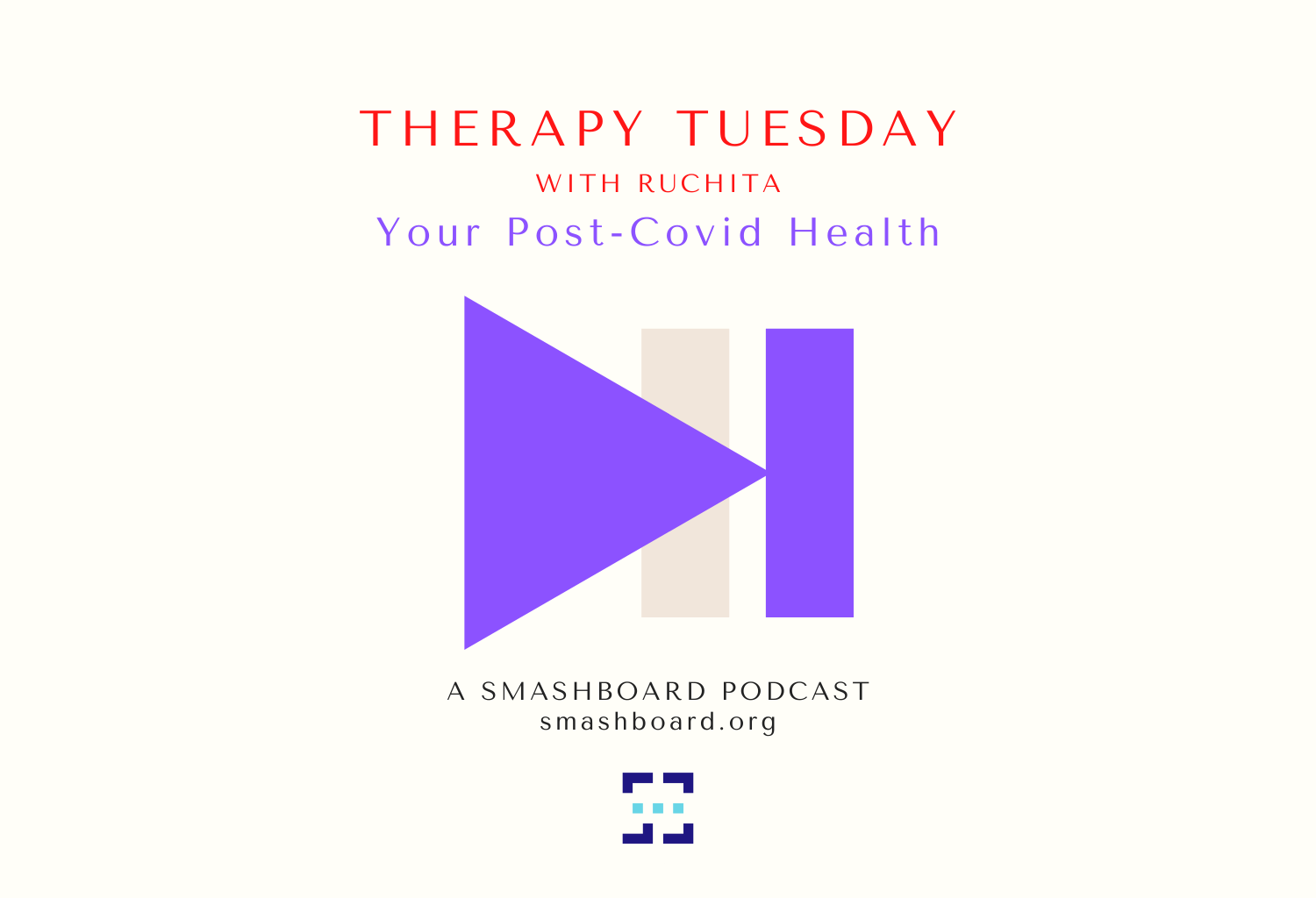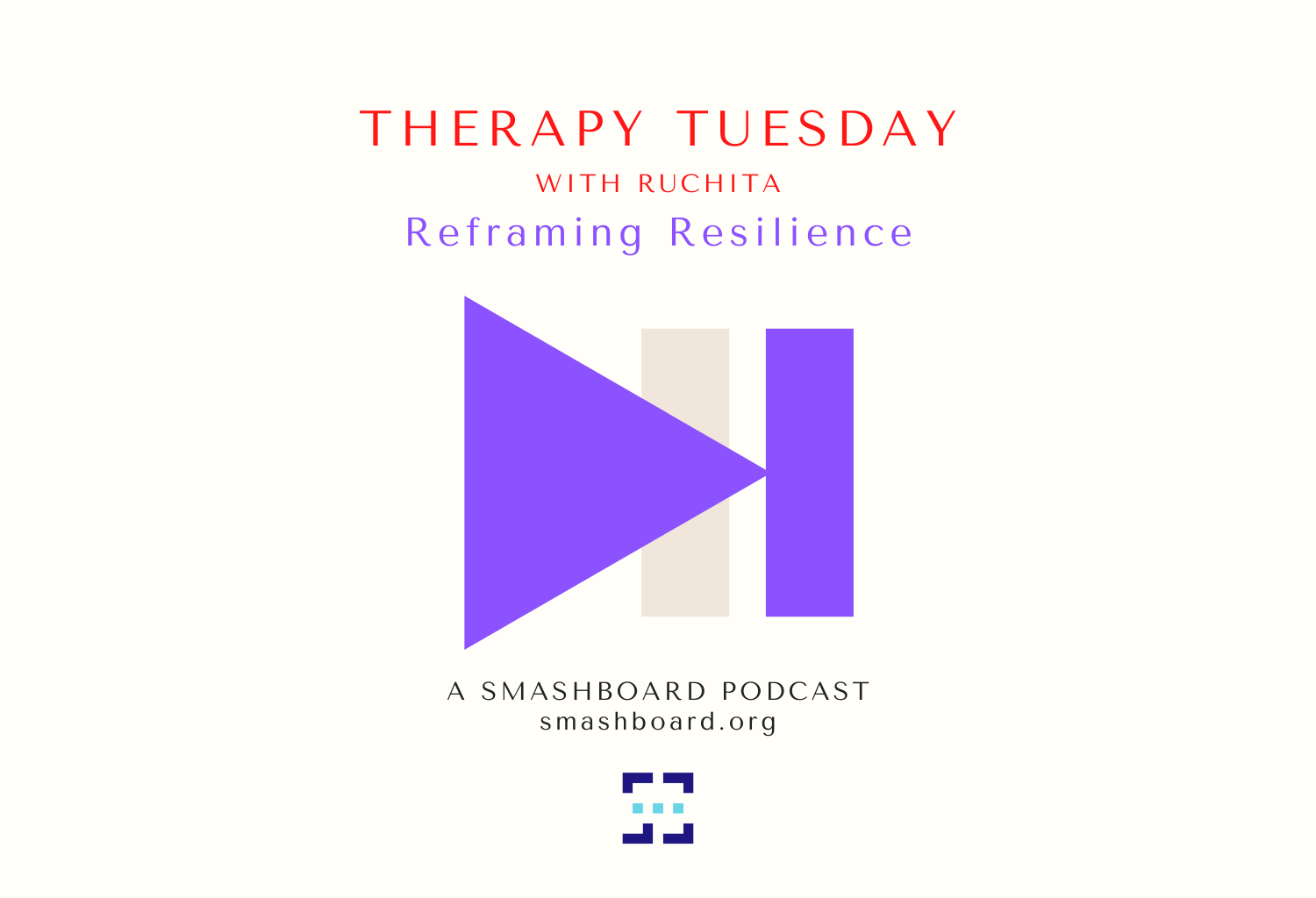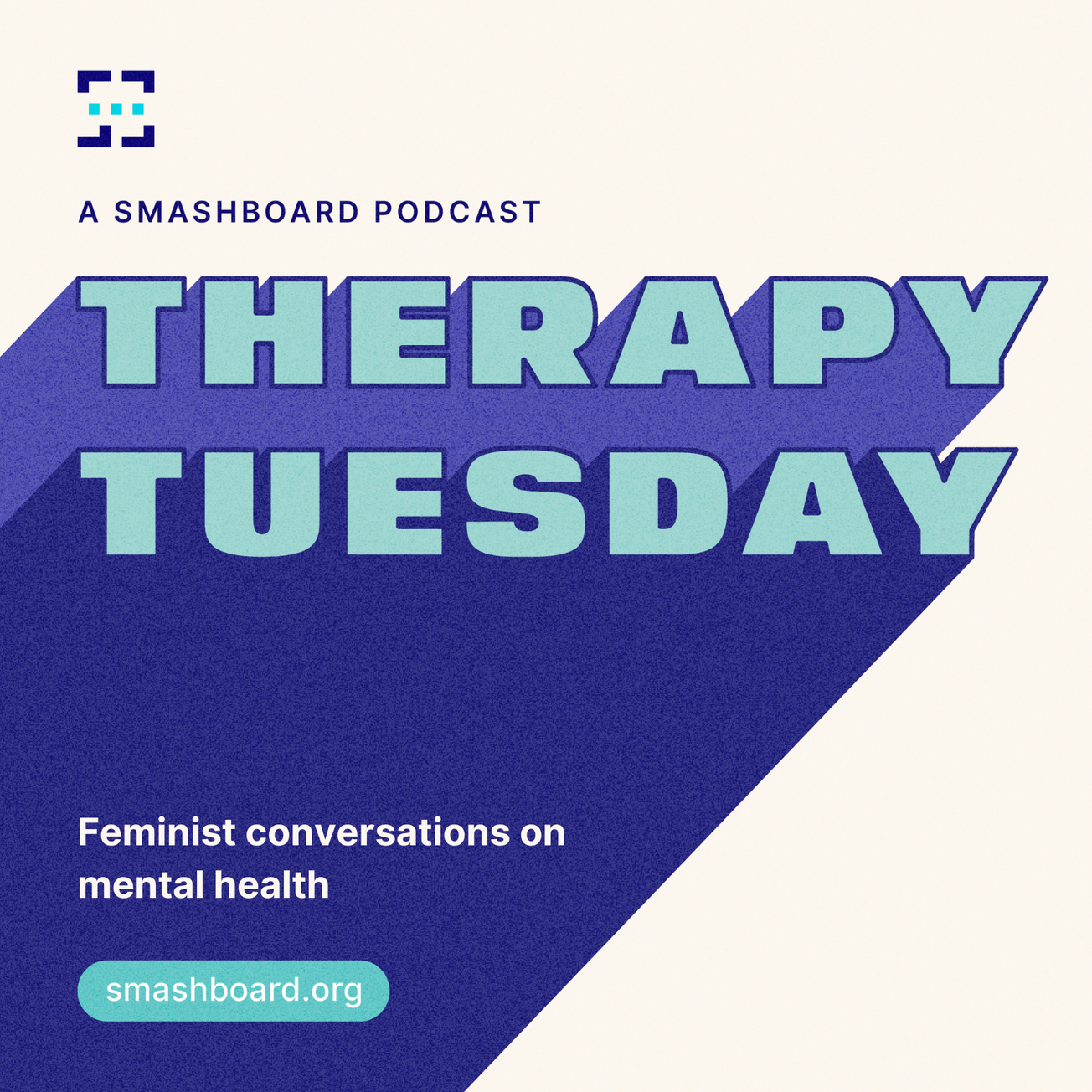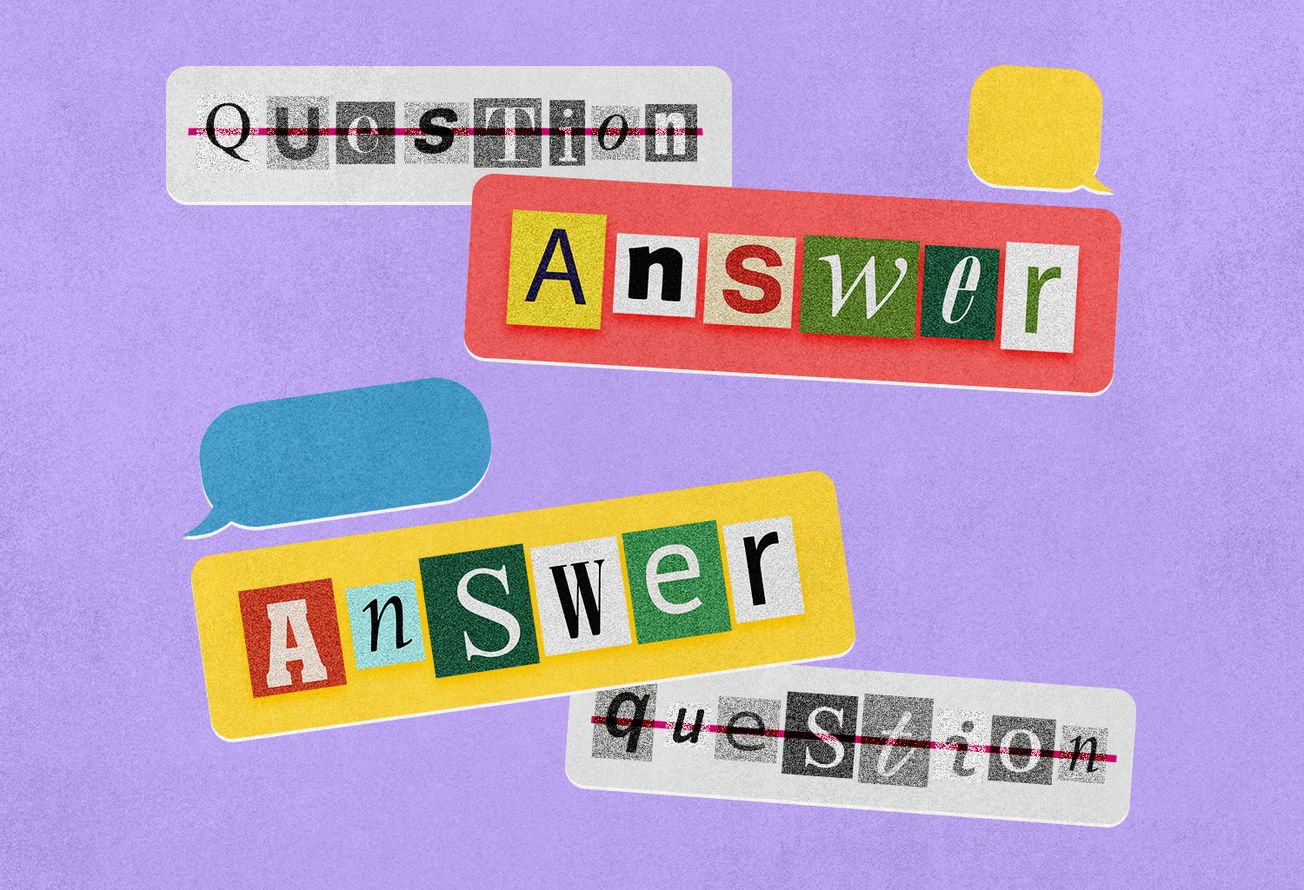Healing from trauma is a difficult journey. For those living with (c)PTSD it is crucial to remember that it is possible to feel better and reduce the pain. Yet most people who are suddenly plunged into trauma do not know this. Some of us are acutely aware that recovery can be excruciating if we don't know what is happening to our bodies. Once we know, we still need constant reminders of what we need to do to feel better. You're Going To Be Okay is the title of our guest Madeline Popelka's book, in which she writes about all that she needed to know but didn't when she was in pain. The messages she relays on social media have brought relief to many and have tremendous healing potential. She hopes her book will do the same.
Sound: Girjashanker Vohra
Edit: Apurba Jyoti Borah
Host: Noopur Tiwari
Guest: Madeline Popelka
Listen to the full episode here on on our podcast page or any of these platforms:
Spotify
Soundcloud
Apple Podcasts
Google Podcasts
Amazon Music
Overcast
iHeard Radio
Castbox
Pocket Casts
Radio Public
Stitcher

"When you experience violence and micro aggressions, all these things add up, and they compound. So when you experience multiple traumatic events, even if they are not the most devastating experiences, or the most intense experiences out there, they still add up and they still impact us. Even if marginalised folx don't experience trauma directly, when we read about it, or see about it in the news vicariously, it can be triggering and damaging to mental health. And it's a cycle that continues.
Privilege won't take away someone's pain, but it definitely opens up paths to healing that make the pain more manageable, so they're more equipped to manage the pain. A person's environment plays a huge role in their healing because if you're getting re-traumatised again and again, when are you going to have the breathing room to heal?
"Don't minimise your pain. If you are feeling overwhelmed after going through something terrifying or life changing it, don't just shove it under the rug, don't ignore it and try to move on. That's what I did. And it eventually caught up to me and caused even more pain. So I wish I always wish that I had validated my experiences earlier, because I think it would have prevented a lot of my suffering.
These symptoms: the hypervigilance, severe anxiety, nightmares, and flashbacks [are] the way that our brain and bodies are trying to protect us from the same thing happening again. A lot of us experience shame around developing these symptoms when we're struggling to cope after a traumatic experience, and the shame adds to the pain. Understanding that these overwhelming symptoms, is the body adapting to help us survive can help make it easier to process. "
-Madeline Popelka (Author, You're Going to be Okay)


